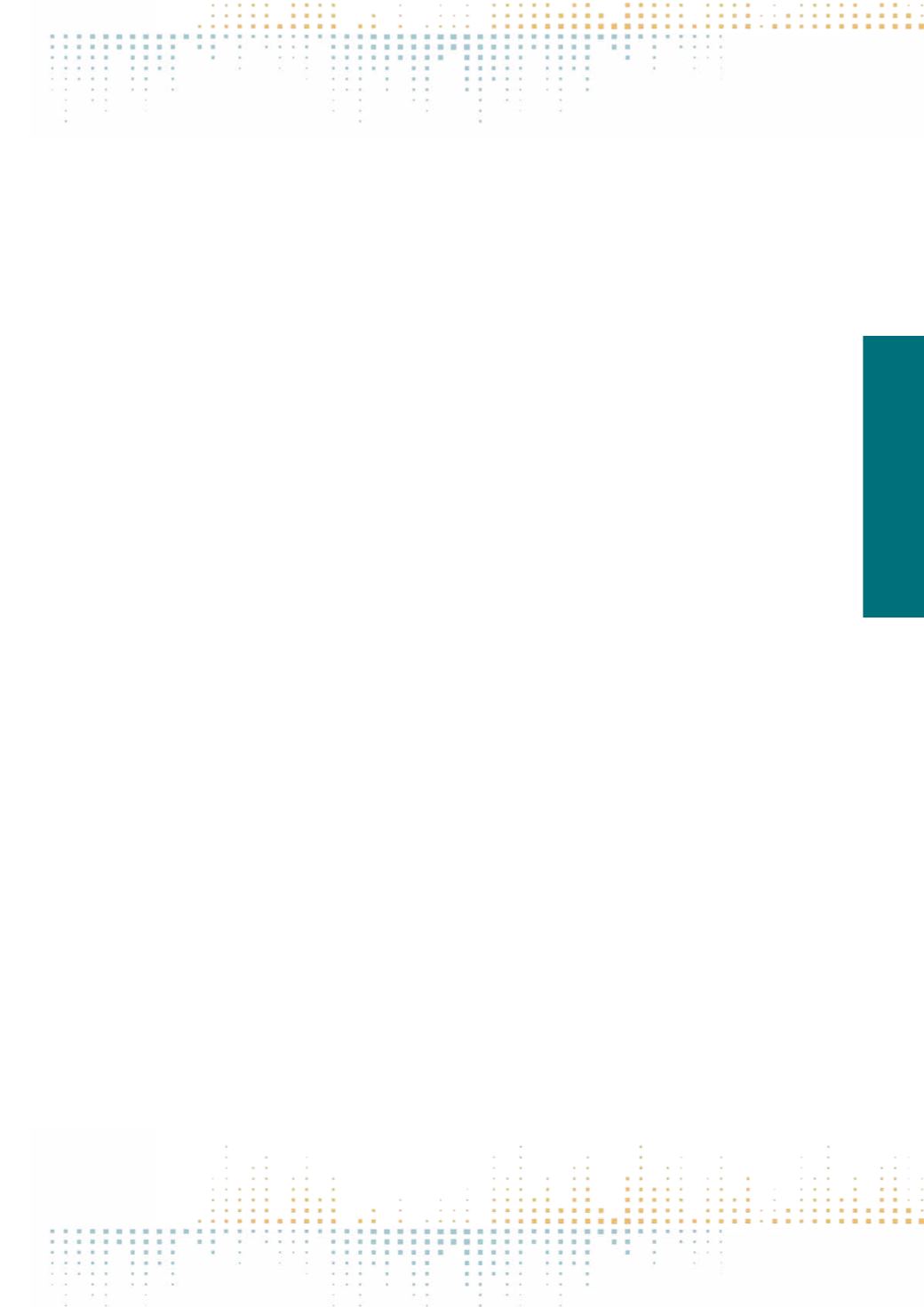

543
Saturday, November 12
1 1 : 0 0 – 1 2 : 3 0
filter the messages have to pass before they reach the following users, so the strategic communication via social media saves time and cuts costs. The jour‑
nalistic coverage and its selection criteria can be easily bypassed. In addition, the internet offers also a feedback channel for the users. Moreover, Facebook
is increasingly considered as a medium for and a factor in the formation of public opinion and, at least theoretically, as a platform to create new dimensions
of political participation. This applies in particular for the participants of PEGIDA who are not able to realize the media impact they hoped for, due to their
anti-democratic statements. Concerning the methodology, the study is based on two quantitative content analysis studies, realized in the spring of 2015
(January 1
st
to April 30
th
). More than 500 PEGIDA Facebook posts were analyzed with the objective to gain insights into the presentation, the topics and
the style (enemy images, language) of the online strategy. The data shows that PEGIDA uses Facebook first of all to mobilize their supporters: About one
third of the posts is related to events. The posts with thematic references were addressing questions of asylum policy, Islamization or general dissatisfaction
with the German political system. In a second step, it seems to be useful to build a sample of 18 posts which were consciously selected out of the inves‑
tigation period in order to learn more about the culture of discussion of the active users by analyzing the assigned comments (1,500 units of analysis). In
addition to formal categories, the second content analysis gave special consideration to the quality of the argumentation and to the presence of right-wing
extremist ideas in the user comments. As a first impression of the results it can be cited that less than 25 percent of the analyzed comments could be
described as fact-focused and reason-orientated communication. Overall, there is little discursivity and dialogic sequences in the Facebook debates. Even
though the findings are not providing evidence that the PEGIDA supporters do have a right-wing extremist attitude, there are strong indications for a xeno‑
phobic view in around 15% of the contributed comments.



















